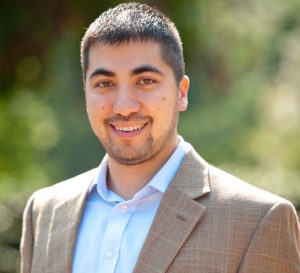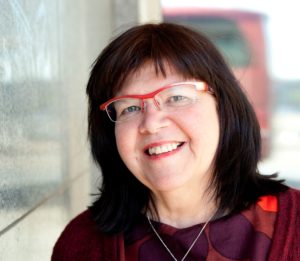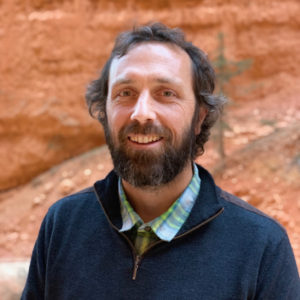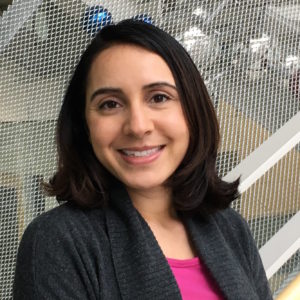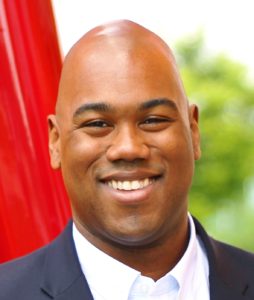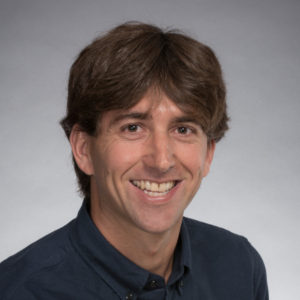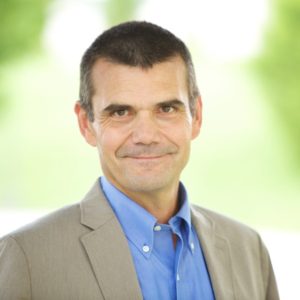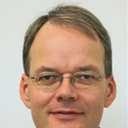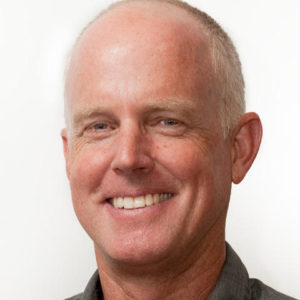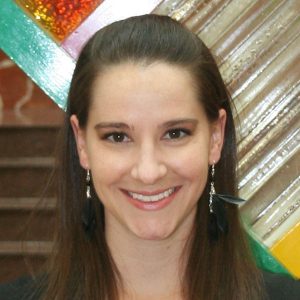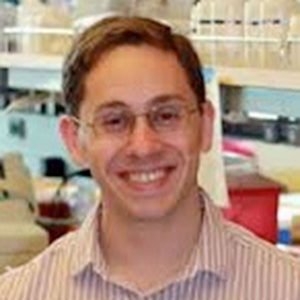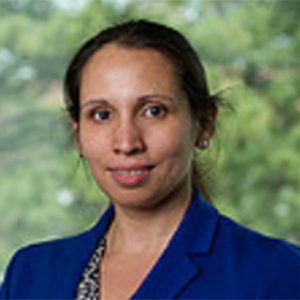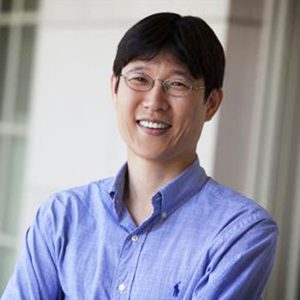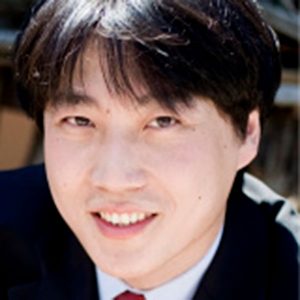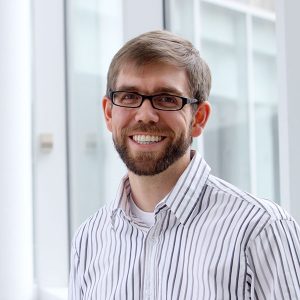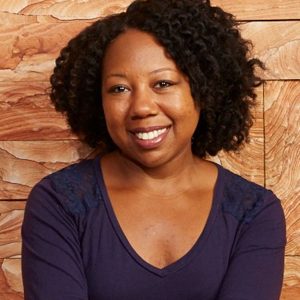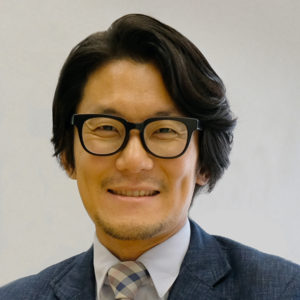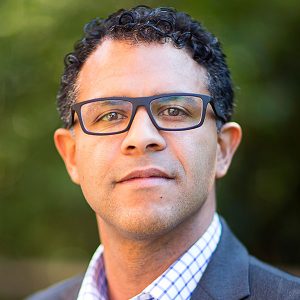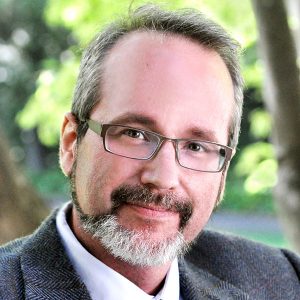Emily Aurand
Emily Aurand is the Senior Director for Roadmapping and Education at the Engineering Biology Research Consortium. She has been with EBRC since 2018, serving as the staff lead for both the Roadmapping and Education Focus Areas. Emily is the Executive Editor of EBRC’s technical research roadmaps, and has led the production and release of all six EBRC technical roadmaps to-date, available through https://roadmap.ebrc.org. She directs roadmap design and development, manages large teams of academic, industry, government and other stakeholder contributors, leads and oversees workshop development and facilitation, and is responsible for production and execution of roadmap publications.
Emily also serves as an expert on engineering biology and biotechnology education and workforce development, engaging with the U.S. government, organizations such as the National Academies of Science, Engineering, and Medicine, and international collaborators on the education and training of the next-generation bioeconomy workforce. Emily created and led the EBRC Industry Internship Program and produces public engagement and outreach activities and materials through the EBRsee initiative. Emily supervises and mentors the EBRC science policy postdocs and research assistant and supports the Student & Postdoc Association.
Emily also leads the EBRC Industry & Organizational Member Advisory Committee and leads science policy communications, develops and manages funding and grant support, and oversees and manages the EBRC websites.
Prior to coming to EBRC, Emily was an American Association for the Advancement of Science (AAAS) Science & Technology Policy Fellow at the National Science Foundation. At NSF her work in the Division of Chemical, Bioengineering, Environmental, and Transport Systems (CBET) included evaluation and assessment of the Synthetic Biology and Biomanufacturing portfolios, collaboration on the strategic reorganization of CBET programmatic concentrations, and development and implementation of novel funding initiatives, in addition to serving as a subject matter expert (a biologist amongst engineers). During her AAAS fellowship, Emily also served as a co-chair of the Fellows’ Science Diplomacy Affinity Group, which explores how science and technology cooperation can be used as a tool for diplomacy.
Emily received a B.S. in Biomedical Sciences from Colorado State University and a Ph.D. in Neuroscience from the University of Colorado. She continued her academic training in Trieste, Italy with a neuroengineering post-doctoral fellowship at the International School for Advanced Studies (SISSA). Her scientific research experience spans the fields of developmental neurobiology, biomaterial development, and neural tissue engineering and biocompatibility.
Emily is a United States Figure Skating Double Gold Medalist and the proud Auntie to adorable toddler Jack. In her free time, she likes to relax by practicing yoga, dance in her kitchen while she cooks, and snuggle with her elderly cats (who make frequent appearances in EBRC virtual events). When she’s not traveling to convene with EBRC members and stakeholders, Emily lives and works in Colorado.
